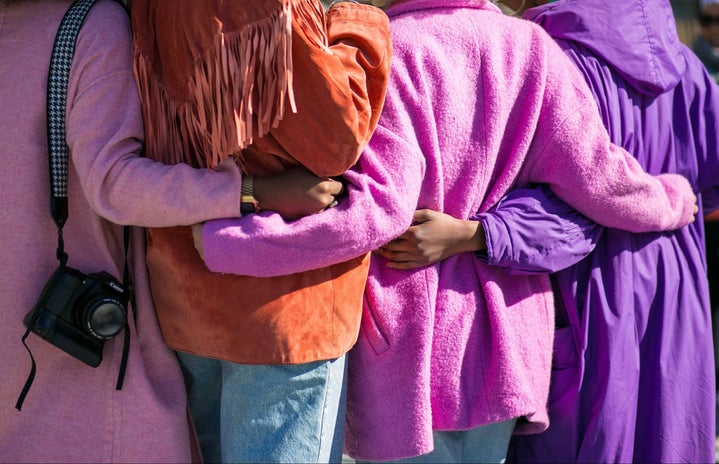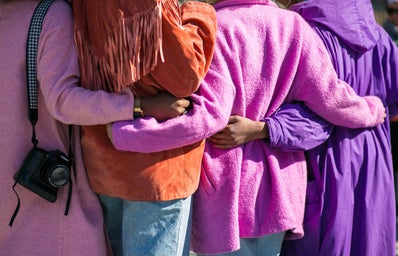TRIGGER WARNING: mentions of abuse, rape, and incest
Despite growing up as an African American woman who survived abuse, rape, and incest, Loretta Ross chose to channel her trauma into something bigger than herself by becoming an advocate for so many individuals. In the 1990s, she fought hate groups such as the KKK and founded a national center to teach people about their human rights.
Additionally, Ross, a visiting professor at Smith College, began teaching a course encouraging students to identify the traits and problems of call-out culture: pointing out a mistake, not to address or rectify the damage, but instead to publicly shame the offender. In calling out culture, a person or group uses tactics like humiliation, shunning, scapegoating, or gossip to dominate others.
Through fighting injustice, Ross realized how much hatred stemmed from activism and set out on a mission to figure out a better process for creating peace. The idea of “calling in” occurred to Professor Ross when she was organizing an event at Smith College, and she asked a young girl about the massive influx of hate she saw on Twitter.
“Oh, you mean ‘calling out’?” the woman said?
“You-all named it?” Ross said in surprise.
Following this incident, Ross immediately assembled a group of students to practice the method of “calling in” as an attempt to not let society become divided and overwhelmed when friendships compromise justice. She doesn’t believe people should be publicly shamed for accidentally misgendering a classmate, which she once did, leading to a Title IX complaint that was later dismissed; for sending a stupid tweet they now regret; or, for, say, admitting they once liked a piece of pop culture now viewed in a different light, such as “The Cosby Show.”
However, while Ross appreciates creating a safe space to educate those who may have made a simple mistake that is correctable, she acknowledges that she has no problem calling out politicians or public figures for continuous wrongdoings without personal growth. Problematically, precedent proves that shaming and public outcry on social media can often make tangible change happen. “These algorithms can’t distinguish between outrage and shaming that is proportionate and outrage shaming that is disproportionate to the original transgression,” said Molly Crocket, an assistant professor of psychology at Yale University who studies moral outrage online.
As it turns out, shaming may be counterproductive. Multiple studies, Ms. Crockett said, found that shaming can make people more resistant to change.
Instead of public call-outs, Professor Ross suggests trying subtle call-in techniques such as these to stimulate useful conversations to create real growth and social change.
“Do you think you would say that if someone from that group was in the room with us?”
“There’s some history behind that expression you just used that you might not know about.”
“In this class, we hold each other accountable. So we need to talk about why that joke isn’t funny.”
In today’s political climate, controversial issues must be addressed with kindness and respect until the comments cross a line or continue to happen without acknowledgement or apology. “You can’t be responsible for someone else’s inability to grow,” Professor Ross said. “So take comfort in the fact that you offered a new perspective of information, and you did so with love and respect, and then you walk away.”


